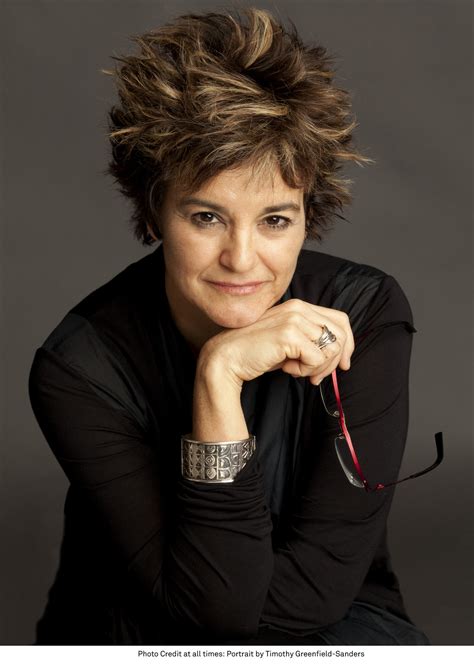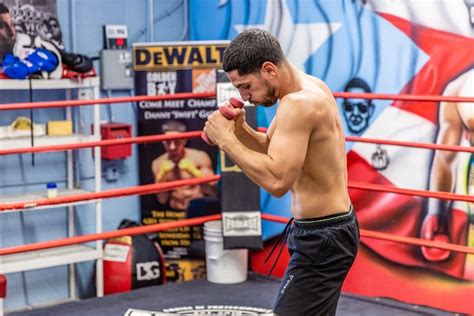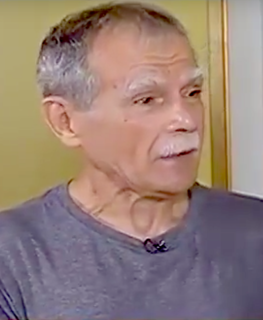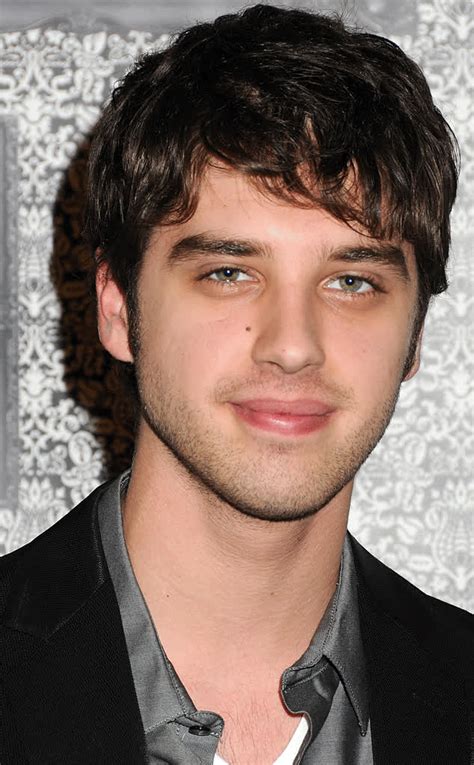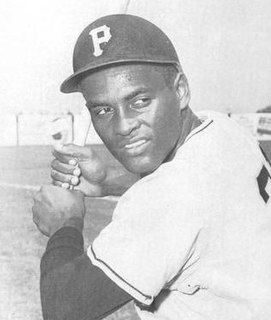A Quote by Mari Carmen Ramirez
It is interesting that both Chicano and Puerto Rican art in the United States form an important part of the Civil Rights legacy and dialog.
Related Quotes
The Documents Project has actively collected documentation on both island-based Puerto Rican art as well as Nuyorican art in the United States through partnerships and researchers ceded at the University of Puerto Rico's museum in San Juan and Hunter College's Center for Puerto Rican Studies in New York City, respectively.
I believe, as a Puerto Rican, that the majority of Puerto Ricans want to be Puerto Ricans. Once we become annexed to the United States or by the United States, that we will lose our national identity. I can look at Hawaii as an example of people who lose, the Natives who lose their identity. I can look into the Native American reservations and see people who lose their national identity, their culture, their language, their land. And that's what's going to happen to Puerto Ricans here.
I believe that the overwhelming majority of Puerto Rico wants to be Puerto Ricans. I have been in five different states in the United States, and I have found young Puerto Ricans in the states who really love Puerto Rico, who really want to do something for Puerto Rico. And for me, Puerto Rico has to be the promised land of all Puerto Ricans, whether we are in the United States or wherever we are at. But this has to be the promised land. Annexation will never be the answer.
Production of identity is a resistance element, an aggressive element. Both a refusal and an affirmation and an assertion, and certainly, we in Jamaica were talking about black art. And the idea that there is a role for art in the civil rights revolution and in the successor to the civil rights revolution.
Vice President Mondale devoted himself to championing the civil rights of all Americans and worked to ensure that everyone has opportunity to achieve success in their lives regardless of their socioeconomic background or upbringing. We are deeply grateful for his service to the United States and the legacy he leaves.
